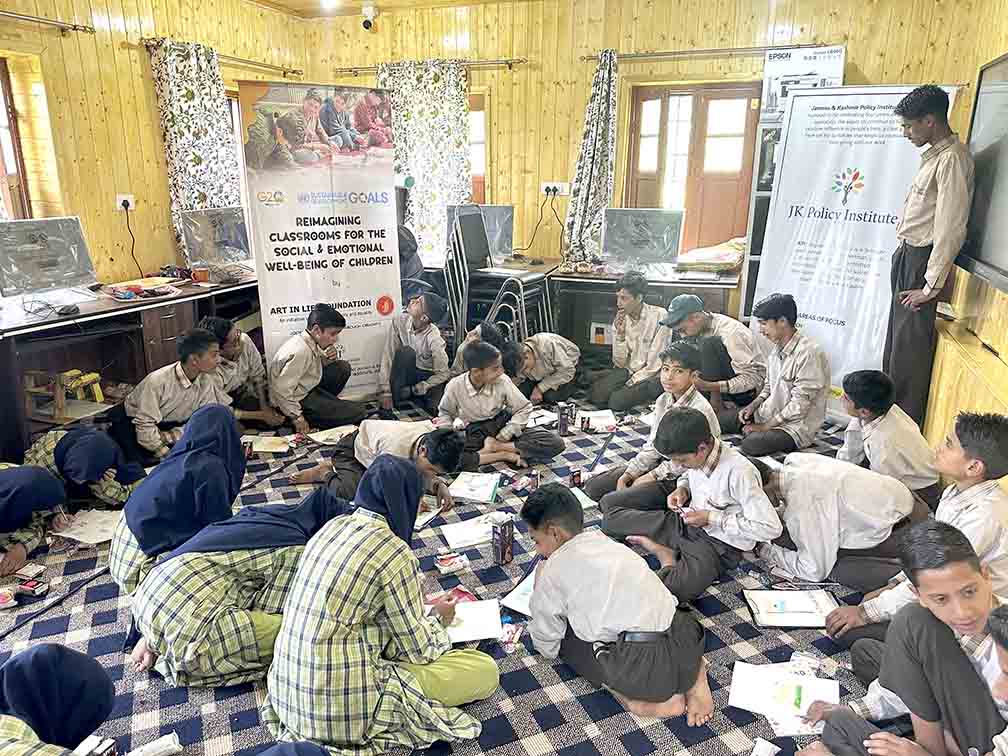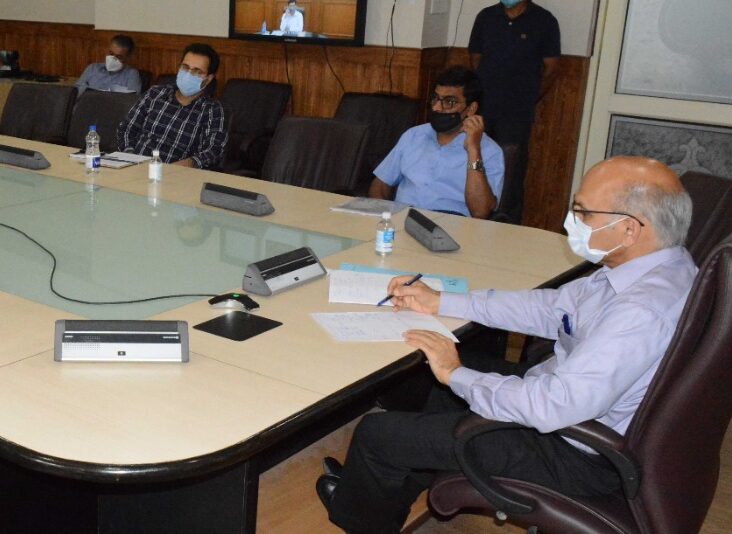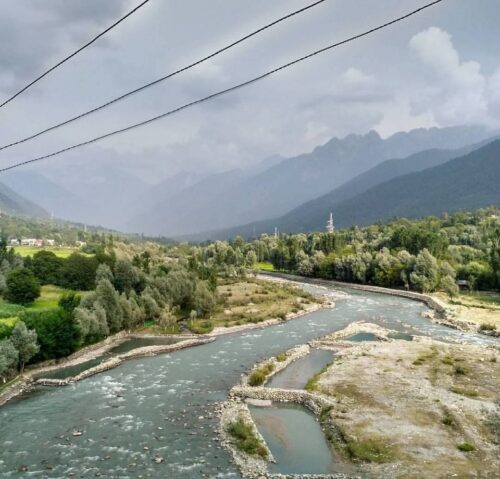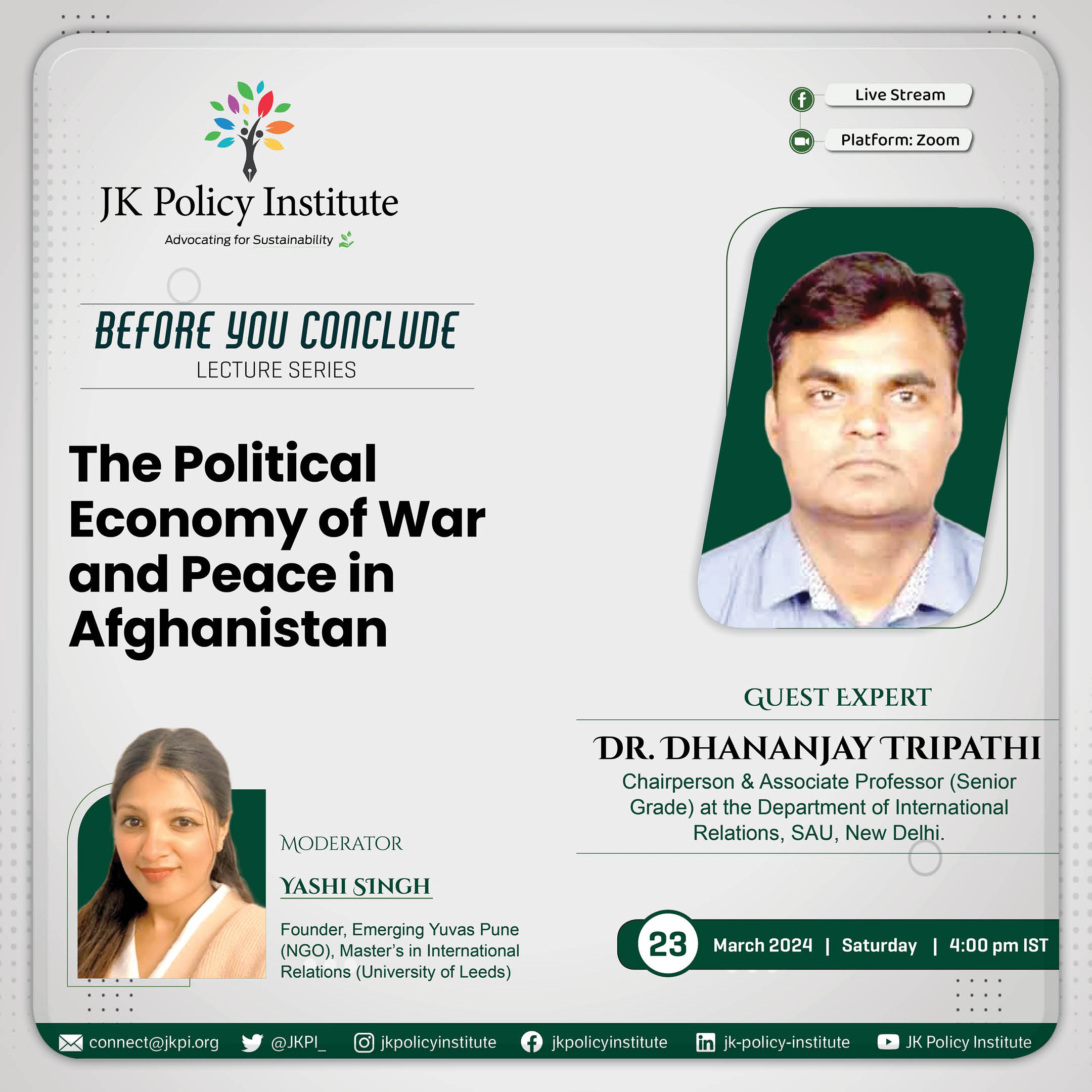Commentary: What to expect from the third phase of ‘Back to Village’ programme
https://www.jkpi.org/wp-content/uploads/2020/09/Enthusiastic-participation-marks-Day-2-of-‘Back-to-Village-in-Kashmir.png 870 236 Arka Chakraborty Arka Chakraborty https://secure.gravatar.com/avatar/ad516503a11cd5ca435acc9bb6523536?s=150&d=mm&r=gforcedefault=1By Arka Chakraborty and Kasturi Guha / For JKPI The third phase of the public outreach programme ‘Back to Village’ (B2V) will begin from October 2nd and continue till October 12th. The first of its…
read more









